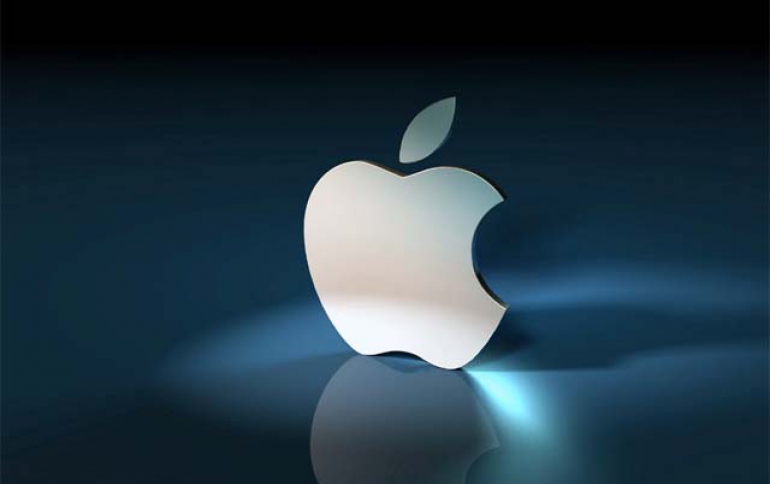
Apple Sues Qualcomm Over Patent Royalties
Apple sued Qualcomm accusing it of monopolizing the market for chips for wireless devices and withholding $1 billion in retaliation for cooperating with South Korean antitrust authorities.
Apple is demanding Qualcomm hand over money that was supposed to be a rebate for licensing fees. Qualcomm is holding back the money as punishment for Apple cooperating with Korean antitrust regulators, according to the complaint filed in San Diego.
Apple also wants back some of the billions of dollars it claims it was overcharged in "Qualcomm's illegal scheme" to control the market for mobile phone chips. It wants a court to change how Qualcomm charges for its technology in the future.
Qualcomm has been under fire by regulators around the world for its patent licensing practices.
"While we are still in the process of reviewing the complaint in detail, it is quite clear that Apple's claims are baseless," said Don Rosenberg, executive vice president and general counsel, Qualcomm Incorporated. "Apple has intentionally mischaracterized our agreements and negotiations, as well as the enormity and value of the technology we have invented, contributed and shared with all mobile device makers through our licensing program. Apple has been actively encouraging regulatory attacks on Qualcomm's business in various jurisdictions around the world, as reflected in the recent KFTC decision and FTC complaint, by misrepresenting facts and withholding information. We welcome the opportunity to have these meritless claims heard in court where we will be entitled to full discovery of Apple's practices and a robust examination of the merits."
"Despite being just one of over a dozen companies who contributed to basic cellular standards, Qualcomm insists on charging Apple at least five times more in payments than all the other cellular patent licensors we have agreements with combined," Apple said.
In the complaint, Apple also asks the court to rule that, if the patents are upheld, that the royalty amount is significantly lower than what Qualcomm charges now.
In December, South Korea fined the company 1.03 trillion won ($890 million) and described its practices as monopolistic. Qualcomm has said it will appeal the decision.
The U.S. Federal Trade Commission on Jan. 17 filed its own antitrust suit against Qualcomm. The chipmaker is also being investigated by the European Union and Taiwanese authorities.
Much of the money Qualcomm collects on the iPhone or iPad is paid by third-party manufacturers who pass along the cost, according to the complaint. Apple said Qualcomm can demand higher royalties because those manufacturers "have no incentive to negotiate."
Apple said it's not allowed to see those agreements, and believes Qualcomm gets paid multiple times on the same device. Since Qualcomm won't give Apple a direct license, it instead agreed to give Apple a rebate -- money that it's now withholding.





















